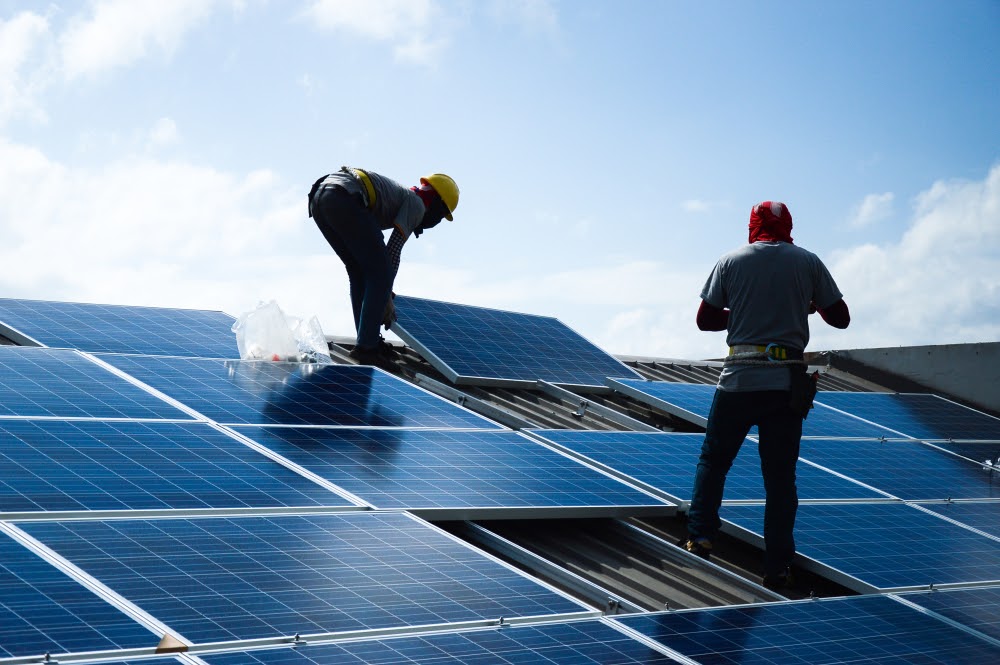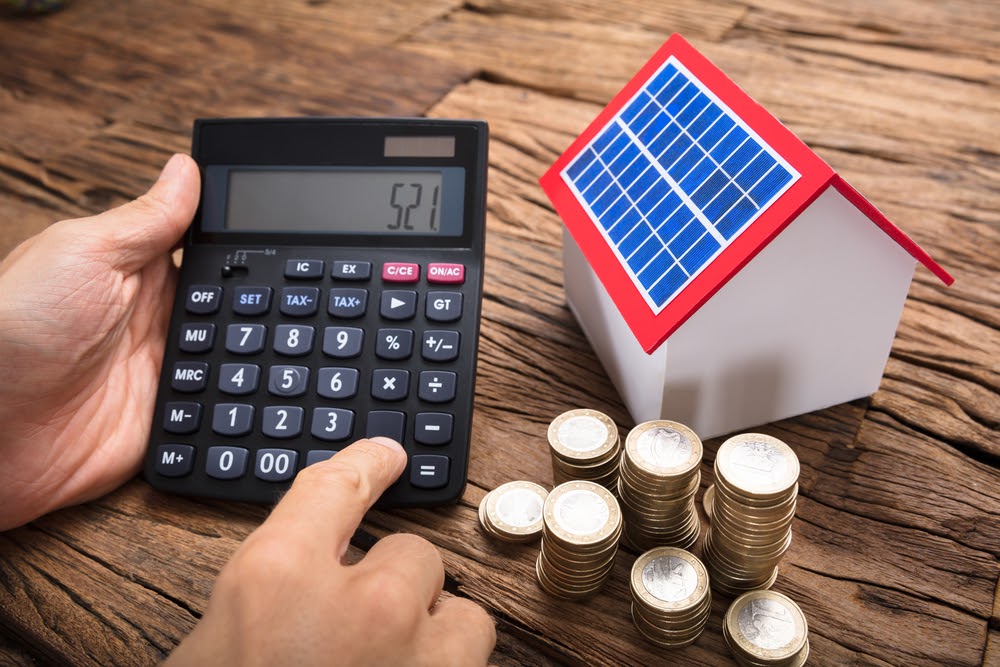Solar Energy: Efficiency, Savings and Benefits for the Planet
Homeowners who want to adopt a green way of life might want to make the biggest impact on their carbon footprint as possible. Energy-efficient homes can include greener building materials, a unique design and energy-efficient appliances. But with solar energy, efficiency and financial savings can be maximized thanks to the rays of the sun.
Solar energy often includes solar panels on homes that provide an alternative to traditional energy sources. Solar power is clean, natural, and, after the initial cost of materials, it might even be nearly free!
Using Solar Energy for the Home
Electric and gas are the two traditional energy options used to power the home. Electricity lights up the home and powers appliances. Natural gas helps heat the home, the water and even the stove and oven (as well as other appliances, too).
Some homes use a combination of gas and electricity. Other homes might be solely powered by electricity. Both of these energy sources, though, can get expensive. The price of gas and electricity can vary, not just by region but by demand and even natural disasters, too.
For example, the severe winter weather in Texas knocked out power grids. Some homes were left in the cold and dark for an extended period of time. Others might have faced astronomical electricity or energy bills because of the circumstances.
Solar power doesn’t rely on a power grid, and it also doesn’t rely on limited resources like natural gas. Only the light of the sun is needed to power up a home that is supported by solar panels…and solar power.

Is Solar Power Expensive?
While the sun’s light might be free, equipping a home to be solar powered is not. In fact, solar panels and the equipment can get expensive. But how expensive those panels will cost depends on where the homeowner lives.
Consumer Affairs reports that the base price for a solar panel system in Alabama is around $13,706, but in Hawaii a system is more than $19,000. While rebates and incentives for upgrading to solar energy could help offset this cost, the system is still an investment for many homeowners.
Light is the Power, and This Can be a Problem
With solar power, panels need to absorb the sunlight to help provide the power. This requires the home to be exposed to the sun. In some areas or regions, sunny days may be few and far between. While cloudy days still allow those panels to absorb energy, they will absorb less than a bright and sunny day.
On the flip side, during sunny spring days homeowners may get quite a charge. And they could see more savings in that the home isn’t reliant on electricity to power their home. Instead, their panels will absorb the hot sun and disseminate power. Of course, homeowners can save even more money if they opt for a solar-powered HVAC system!
But what about summer? Do solar powers produce even more energy when the sun is blazing hot? Unfortunately, according to 23ABC News, the opposite could be true; hot summer days could cause the panels to get too hot, while cool sunny days generate optimum results from panels.
Energy Efficiency with Solar Panels
For homeowners that can afford the initial investment, solar panels could be quite an energy savings…even with some of the issues. When the panels charge, the home is being powered…free! There is no cost associated with actually using the sun.
Like all home investments, upgrades and projects, though, panels do need to be maintained. However, maintenance isn’t difficult…and solar panels aren’t high maintenance. Those panels do need to be cleaned—twice to four times per year.
Live in a snowy winter zone? Don’t forget to clear the snow from the panels (otherwise that snow could block the sun’s access).
As for the lifespan of solar panels, homeowners shouldn’t need to replace them for several decades (about 25 to 30 years). However, cracked or damaged solar panels may need to be repaired. In addition, a hail storm or major weather issues could damage those panels.

Is it Worth the Investment?
As with any home improvement project, homeowners may wonder if investing in solar panels is worth the cost. That depends on the homeowner. If installing solar panels isn’t a burden on finances, then the project could be worth the investment in the long run.
Homeowners also can research any rebates or incentives in their area related to solar power. These green incentives could save homeowners money and make the investment more affordable. If homeowners discover that a solar panel system is simply out of their budget, they also could look at other ways to save.
While solar energy and the power of the sun is free, the initial cost of installing a solar power system is an investment. Homeowners need to decide if the investment and the overall savings is worth it for their home…and their commitment to living a greener life.


